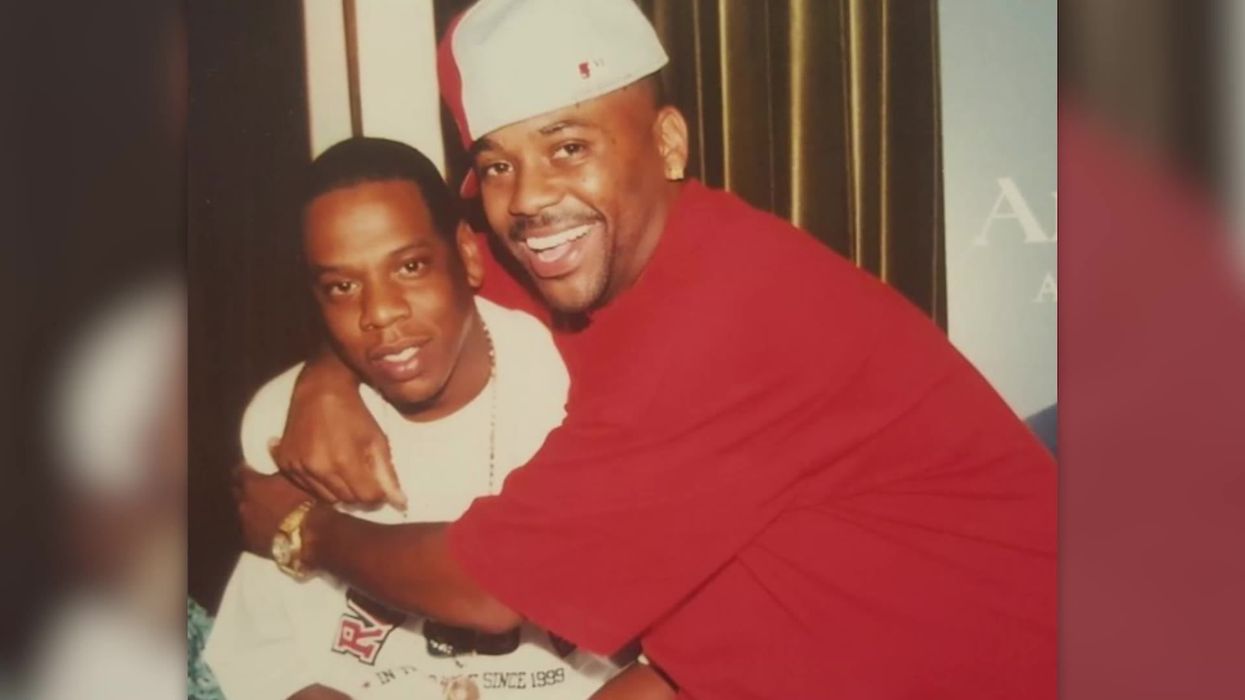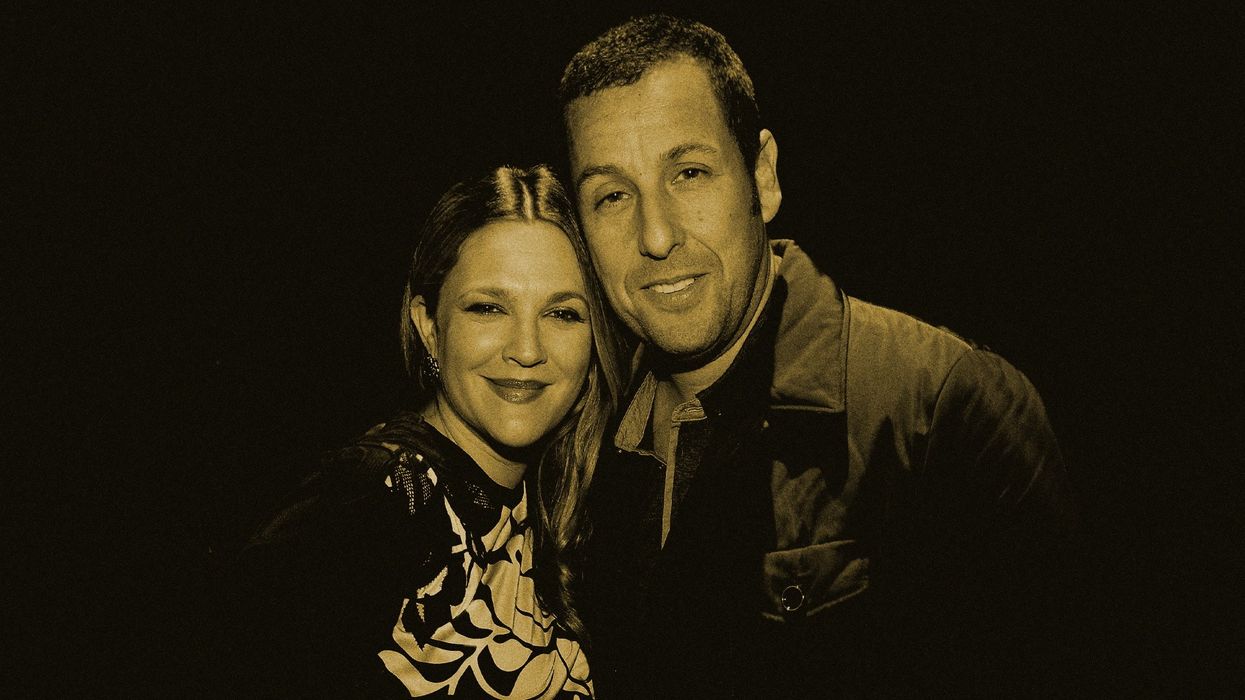
Opportunity or Diversion? 3 Questions to Ask Before Saying Yes
A new opportunity will present itself to you tomorrow. And the next day. And every day. Will you notice it? Maybe. It depends on a few variables. Opportunities are funny. A lot has to go right for us to see them as they are. Four of those factors are: proper fit, timing, ease of the work, and personal desire.
Think about the last time you were presented with an opportunity. You might have asked yourself, “Will this opportunity help me get to where I’m going? Is the amount of work going to make it not worth it? Is the timing right? Do I actually want this?” So there’s some internal work to be done when an opportunity is put in front of us. Ultimately it comes down to your decision to accept or deny the opportunity before it becomes real.
Whether or not you say "yes" to an opportunity is a reflection of how you’re choosing to live your life. Those who always say no are probably productive, but perceived poorly by others. At the same time, we’ve all met a chronic Say YES-er, and have probably been one at some point. If you always say yes, is it really an opportunity? No. Chances are it’s probably just more work. When everything is a priority, nothing can be prioritized.
Your goal should be clear: to accept the opportunities that represent the kind of growth and personal achievement that are aligned to the vision you have for your life.
Opportunity or Diversion? 3 Questions to Ask Before Saying Yes
The difference between successful people and really successful people is that really successful people say no to almost everything.- Warren Buffett
Let’s pretend you read this article today and kind of forget about it. After all, it’s not meeting you where you’re at because no opportunity is directly in front of you. The timing isn’t right. But it will become relevant again when an opportunity presents itself. When that day comes, you’ll have the following three questions to come back to.
Use them as a guide to determine if the opportunity in front of you is actually what it says it is, or merely another way for you to delay putting in work towards what you really want in life.
1. What's unique about the opportunity?
If it’s an opportunity you should truly capitalize in, there’s a good chance that it’s unique in a few ways. Plain Jane offers aren’t what you’re after. Make sure there is some element of all three of the following before you say yes.
- First, it's a chance to do something people around you aren’t already doing. Are you being offered a chance to lead a project or put together a team for something at work? If six other people around you are already capitalizing, politely pass. Let them shine and pick your spot later on.
- Second, this is an opportunity that represents and reflects your unique skill set. Make sure that any task or project you take on, in some way, reflects your unique skill set. Ensure that the work you’ll put in will give you a chance to either hone or showcase those skills to people.
Your supervisor may market the ‘opportunity’ as something beneficial for you. Some bosses are really good at doing that. In truth, he or she may be delegating. You’re another cog in the machine that can they trust, so you’re being asked to do it.Whenever possible, turn down these offers. Don’t sign up for junk work unless you are just starting out. In that case, any opportunity is usually a good opportunity. Otherwise, be more selective and highlight what you can do.
- Third, this unique opportunity can be properly fit into your current season of life. An ‘opportunity’ to someone just starting their career appears as hell on earth to a seasoned employee. Be honest about where you are at personally and professionally, and see if the opportunity fits into your personal schedule and stage of life. If it doesn’t, nix it.
2. What will the opportunity give you that you can't currently have?
What are you hoping to gain from the opportunity in front of you that can’t be obtained now?
This is probably the most important (and oft-ignored) question I’ve started asking when I help people sift through opportunities. So many of us say "yes" to everything, in the hopes that it will give us that thing we desire so much -- money, celebrity status, self-love, better relationships, etc.
The truth is, you aren’t going to get any of that from the work you put in. This opportunity might represent a 5% advancement in the direction of that material thing you’re chasing, but it won’t happen right away. If you’re after something like self-love, fulfillment or happiness, you’re kidding yourself. That can only come from within.
You’re better off auditing your life exactly as it is now. See what you can do with the resources you have to spark change or growth first. Once you uncover a few of those rocks, you’ll have a lot more clarity around what opportunities might be right for you. At that point, you’ll be better served to accept an offer that comes your way.
3. Does it contribute to where you want to be 2 years from now?
Simple maybe, but powerful in terms of understanding what you should say "yes" to.
Begin with the end in mind. Make sure you know where you’d like to be 6, 12, or 24 months from now. Run the opportunity in front of you through that machine and see how it comes out. Does it live in alignment with that outcome or with that version of yourself?
If the answer isn’t “heck yes it does!”, then the answer you should be giving is a polite “no thanks.” Be wary of anything that will take your time and energy away from the mountain you are most passionate about climbing.
Not all opportunities are created equal
Opportunities are all around us. If you’re around other people, I can all but guarantee one will present itself to you in the next 24 hours. The key is knowing how to differentiate between a true opportunity and simply adding more work to your life.
It takes a level of clarity and a combination of a few variables to correctly choose what will move us in the right direction. Be honest about what you’d like to have happen, audit the situation, and above all, don’t feel bad about saying "no". You’ve had other people say it to you and you got over it. The same will happen.
They will find someone else, and you will be one step further to your goals. Sometimes the greatest opportunity of all lies in turning down the work you shouldn’t be taking on, so you can continue doing what you’re already doing.

































